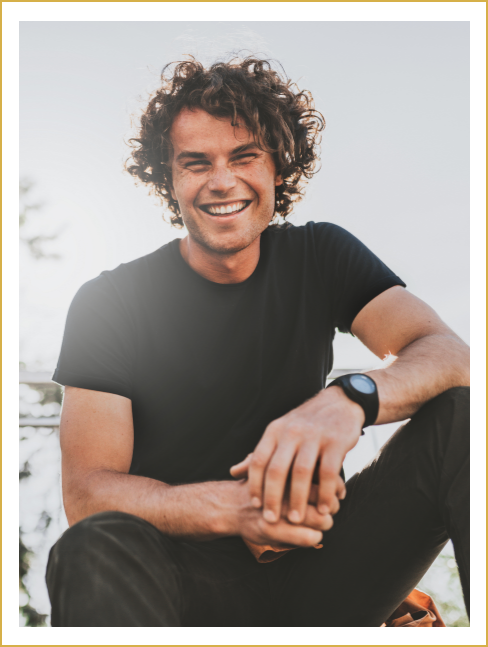Naloxone is a drug developed to quickly counter an opioid overdose. By attaching to your opioid receptors, it blocks and reverses the effects of opioids. If an opioid overdose causes you or a loved one to stop breathing, this drug can restore regular breathing. If you do not have opioids in your system, naloxone will not be effective, but it is effective if you use a combination of opioids and stimulants or sedatives. Naloxone is administered by injection, beneath the skin or into the muscle and has received approval from the FDA. Some of the most common opioids include: • Heroin • Oxycodone • Codeine • Fentanyl • Morphine • Hydrocodone If you have overdosed on opioids, Naloxone helps stop central nervous system and respiratory depression. This can happen if you have slow breathing or are at risk of not breathing. Once you receive this drug, it begins to work in just a few minutes. If you have given this medication to a loved one due to an overdose, call for emergency medical help as soon as you have finished administering the medication. In some instances, naloxone is used after surgery in small doses to prevent minor opioid depression. You should only use this drug for treating an opioid overdose. Do not use it to treat actual substance use. Opioid use requires treatment including therapies such as psychological support and counseling. If you are using heroin, detox is necessary. Naloxone is a good option if you are: • Have completed or are currently in a detox program for opioids • Using opioids in high doses for a long time • Overdosed on opioids in the past • Managing chronic pain by using opioids on a regular basis Emergency medical responders, hospitals and first responders have naloxone available. Recently, several different states have approved the use of this drug to make certain it is available through pharmacies. The nasal spray version is only meant for one use. You do not need to assemble the device and administration is simple while the person is laying on their back. If you use the auto-injector, you only need one hand. This version is one use as well. Both versions include instructions showing you how to administer the drug step-by-step.
How Does Naloxone Work?
Naloxone is a fast-acting, affordable and widely available option for opioid overdoses. This medication has the potential to save lives from drug overdoses. It can also be used as a tool to help a loved one agree to have treatment for their substance use. Once naloxone has been used for an opioid overdose, the person will most likely need to go to a hospital for medical care. The majority of hospitals will encourage receiving treatment. If a loved one is using opioids, you should support them by offering assistance by finding the right treatment option for their specific needs. Although you can provide encouragement, receiving treatment is a personal choice. The person must admit they need help. Since substance use is a recurring disease, support is necessary while in rehab and after completing a treatment program. If you use naloxone to save a life, it may become the catalyst the person needs to make a major change by agreeing to have treatment. Once you have administered the medication, immediately call 911. Naloxone will not replace emergency medical care when a loved one has overdosed on opioids. Just a single spray of naloxone in one nostril is necessary regardless of the age of the person. You may need to give another dose every two to three minutes. Continue using the medication until your loved one becomes responsive or an emergency medical technician arrives. In some cases, you will only need to administer one dose. Once your loved one is responsive, do not leave them until professional help has arrived. It is not possible to give too many doses, but you should only use this medication in case of an emergency. Naloxone is not meant for regular use during a lengthy time period. If you or a loved one is using opioid medication, the recommendation is talking to a physician about having naloxone available in the event of an overdose. The drug starts to work almost immediately, with the average person becoming responsive within two to three minutes after receiving the first dose. You should still be prepared to administer additional doses when necessary. If you are ready to receive help, call us today at 424-499-2603. Our counselors are available 24/7 to provide the help you need.










